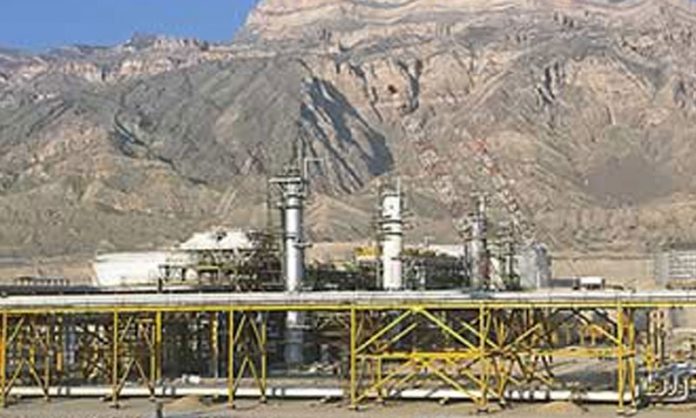ISLAMABAD:The government is set to launch an initiative to commission an independent audit of gas losses at Sui Northern Gas Pipelines Limited (SNGPL) and Sui Southern Gas Company Limited (SSGC). Expressions of Interest (EoIs) will be invited from consulting firms, and October 6, 2025, is expected to be the deadline for submissions, according to sources.
An independent audit will assess Pakistan’s unaccounted-for-gas (UFG) losses—around 12percent for SNGPL and 18pc for SSGC—against global averages below 2%, paving the way for actionable efficiency reforms.
The move comes as unaccounted-for-gas (UfG) has continued to strain both operational efficiency and financial health in the country’s energy sector. UFG has resulted from theft, leakages, faulty measurement, and weak infrastructure maintenance. SNGPL and SSGC, operating under licenses from the Oil and Gas Regulatory Authority (OGRA), are tasked with transmitting and distributing natural gas nationwide, yet remain weighed down by persistent UFG losses.
As per sources, the Ministry of Energy (Petroleum Division) has directed the two utilities to carry out a comprehensive study to quantify losses, identify their causes, and propose practical remedial measures. Consultants will also benchmark Pakistan’s practices against global standards and develop a roadmap with measurable outcomes suited to local operating conditions.
The scope of work for the consultancy assignment includes assessing UFG across gas transmission and distribution systems, pinpointing causes such as infrastructure degradation and operational inefficiencies, and recommending corrective measures. This approach is expected to produce credible, independent data and actionable solutions.
It is also learnt from the sources that a Pakistani consulting firm will serve as the lead contractor, coordinating with both SNGPL and SSGC as well as the Ministry of Energy. To enhance expertise, the local consultant may partner with a top-tier international technical consultancy. Shortlisting will be based on the combined strength of the partnership’s credentials, sources added.
Sharing details of eligibility requirements for selection of consultants, sources also said that the lead Pakistani consultant must have at least one completed project directly focused on gas losses or UFG, as well as another assignment in areas such as gas measurement systems, corrosion management, or network operations. Valid registration with the Pakistan Engineering Council (PEC) and compliance with tax regulations are mandatory. International firms must demonstrate proper registration with relevant professional authorities in their home countries and provide a declaration of non-involvement in ongoing litigation or arbitration.
Historically, Pakistan’s UFG rates have remained far above international benchmarks. In the financial year 2019-20, SNGPL reported UFG at around 12%, while SSGC’s losses stood at nearly 18%. In 2020-21, SNGPL managed to reduce losses slightly to under 9%, while SSGC reported around 16%. By 2022-23, SNGPL reduced its UFG further to just over 5% through the installation of new monitoring systems, but SSGC continued to face stubbornly high losses near 17%.
In contrast, global norms are significantly lower. Countries in Europe and North America generally report UFG rates between 1% and 2.5%. Developing economies typically record figures closer to 4–5%. A global assessment in 2025 placed the world average at just under 2%, while Pakistan’s UFG was measured at 11.7%, among the highest worldwide.
The economic impact of these losses is immense. At prevailing prices, Pakistan loses billions of dollars each year due to UFG. Estimates suggest that in 2019-20 alone, the financial toll of gas losses exceeded Rs 700 billion. This burden contributes to circular debt in the energy sector, undermines company finances, and forces tariff hikes that impact end consumers.
The planned audit represents a departure from previous internal reviews and limited infrastructure upgrades, which failed to deliver lasting results. By engaging external consultants, the government hopes to establish an independent, transparent assessment that can guide meaningful reform.
Sources in the energy sector said that reducing UFG is not only a matter of cutting financial losses but also a question of energy security. With domestic gas reserves in decline and demand rising, minimizing waste is essential for sustaining supply. A successful audit could also influence future investments in Pakistan’s gas infrastructure, boosting investor confidence and supporting long-term sector stability.
It is pertinent to mention that for SNGPL and SSGC, the audit offers both an opportunity to modernize their operations and a test of accountability in addressing longstanding inefficiencies. If carried through to implementation, the effort could finally bring Pakistan’s UFG performance closer to international standards, delivering benefits for the sector and consumers alike.




